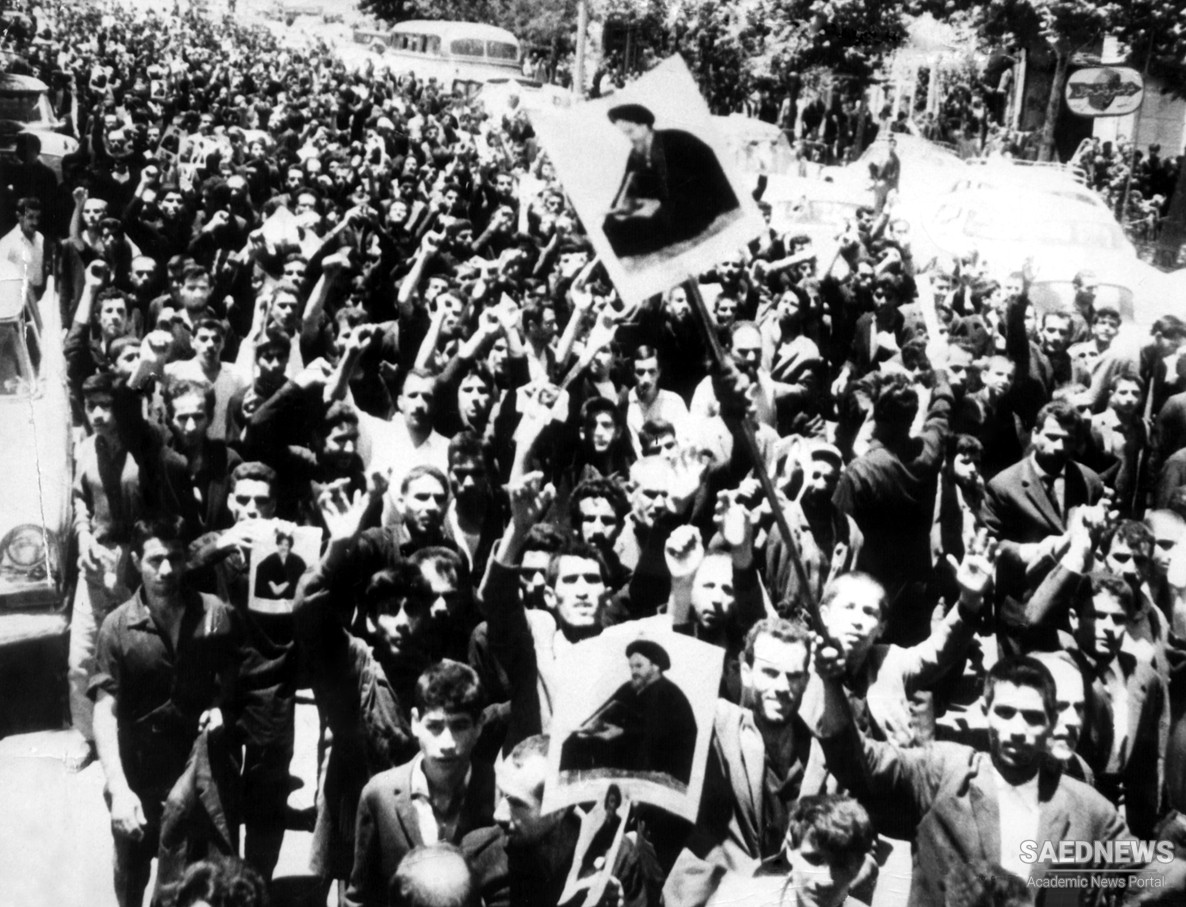After the death of the Most Noble Messenger (s), none of the Muslims doubted the necessity for government. No one said: “We no longer need a government”. No one was heard to say anything of the kind. There was unanimous agreement concerning the necessity for government. There was disagreement only as to which person should assume responsibility for government and head the state. Government, therefore, was established after the Prophet (s), both in the time of the caliphs and in that of the Commander of the Faithful (‘a); an apparatus of government came into existence with administrative and executive organs. The nature and character of Islamic law and the divine ordinances of the sharī‘ah furnish additional proof of the necessity for establishing government, for they indicate that the laws were laid down for the purpose of creating a state and administering the political, economic and cultural affairs of society. Firstly, the laws of the sharī‘ah embrace a diverse body of laws and regulation, which amounts to a complete social system. In this system of laws, all the needs of man have been met: his dealings with his neighbors, fellow citizens, and clan, as well as children and relatives; the concerns of private and marital life; regulations concerning war and peace and intercourse with other nations; penal and commercial law; and regulations pertaining to trade, industry and agriculture. Islamic law contains provisions relating to the preliminaries of marriage and the form in which it should be contracted, and others relating to the development of the embryo in the womb, and what food the parents should eat at the time of conception. It further stipulates the duties that are incumbent upon them while the infant is being suckled, and specifies how the child should be reared, and how the husband and the wife should relate to each other and to their children. Islam provides laws and instructions for all of these matters, aiming, as it does, to produce integrated and virtuous human beings who are walking embodiments of the law, or to put it differently, the law’s voluntary and instinctive executors. It is obvious, then, how much care Islam devotes to government and the political and economic relations of society, with goal of creating conditions conducive to the production of morally upright and virtuous human beings. The Glorious Qur’an and the Sunnah contain all the laws and ordinances man needs in order to attain happiness and the perfection of his state. The book al-Kāfi has a chapter entitled, “All the Needs of Men Are Set Out in the Book and the Sunnah,” the “Book” meaning the Qur’an, which is, in its own words, “an exposition of all things.” According to certain traditions, the Imām10 also swears that the Book and the Sunnah contain without a doubt all that men need. Second, if we examine closely the nature and character of the provisions of the law, we realize that their execution and implementation depend upon the formation of a government, and that it is impossible to fulfill the duty of executing God’s commands without there being established properly comprehensive administrative and executive organs. Let us now mention certain types of provisions in order to illustrate this point; the others you can examine yourselves.
The taxes Islam levies and the form of budget it has established are not merely for the sake of providing subsistence to the poor or feeding the indigent among the descendants of the Prophet (s); they are also intended to make possible, the establishment of a great government and to assure its essential expenditures. For example, khums is a huge source of income that accrues to the treasury and represents one item in the budget. According to our Shī‘i school of thought, khums is to be levied in an equitable manner on all agricultural and commercial profits and all natural resources whether above or below the ground in short, on all forms of wealth and income. It applies equally to the greengrocer with his stall outside this mosque, and to the shipping or mining magnate. They must all pay one-fifth of their surplus income, after customary expenses are deducted, to the Islamic ruler, so that it enters the treasury. It is obvious that such a huge income serves the purpose of administering the Islamic state and meeting all its financial needs. If we were to calculate one-fifth of the surplus income of all the Muslim countries (or of the whole world, should it enter the fold of Islam), it would become fully apparent that the purpose for the imposition of such a tax is not merely the upkeep of the sayyids11 or the religious scholars, but on the contrary, something far more significant namely, meeting the financial needs of the great organs and institutions of government. If an Islamic government is achieved, it will have to be administered on the basis of the taxes that Islam has established khums, zakāt (this, of course, would not represent an appreciable sum)12 jizyah, and kharāj.


 Islamic Revelation the Common Ground for Further Approximation of Denominations
Islamic Revelation the Common Ground for Further Approximation of Denominations














































